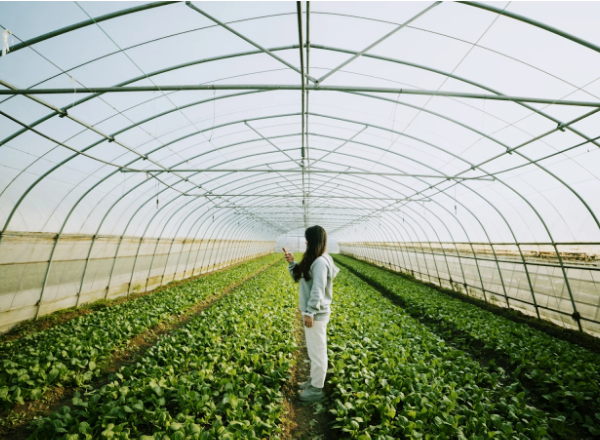Sustainable agriculture means growing crops and raising animals in a way that protects the environment, supports farmers, and meets the needs of people today and in the future. As the world’s population grows, farmers must find ways to produce food without harming the land, water, and air.
Sustainable farming helps keep soil healthy, reduces waste, and uses resources wisely. This article shares five essential tips that can help farmers and landowners practice sustainable agriculture effectively.
1. Take Care of the Soil
Healthy soil is the heart of good farming. Without strong soil, crops cannot grow well, and farmers may need to use more chemicals to make up for the loss. To protect the soil, farmers can use compost and natural fertilizers instead of chemical ones.
Crop rotation, where different crops are grown in the same field each season, also helps. It prevents soil from losing the same nutrients again and again. Cover crops like clover and rye protect the soil during the off-season by keeping it covered and reducing erosion.
2. Use Water Wisely
Water is one of the most important resources in farming, but it is also limited in many parts of the world. Farmers can save water by using drip irrigation systems that send water directly to the plant roots.
This method reduces waste and keeps plants healthy. Watering plants early in the morning or late in the evening helps avoid loss from evaporation. Collecting rainwater in tanks is another smart step. Farmers can use this water during dry times.
3. Install a Remote Water Tank Level Monitor
Managing water tanks on a farm can be hard, especially when they are far away. A remote water tank level monitor helps farmers know how much water is in their tanks at any time without having to check them in person.
This device sends updates through a phone or computer. It saves time and prevents water shortages or overflows. With real-time information, farmers can plan their water use better. This not only saves water but also avoids damage to crops.
4. Grow a Mix of Crops and Animals
Farms that grow only one crop can face big problems if pests attack or the weather changes. But when farmers grow a mix of crops and raise animals, they create a more balanced and healthy system. Animals can provide manure that adds nutrients to the soil.
Some crops help each other grow better when planted together. This natural mix reduces the need for chemical sprays and keeps the farm stronger. It also gives the farmer more ways to earn income, making the farm more stable.
5. Reduce Waste and Reuse Materials
A sustainable agriculture also means producing less waste. Farmers can compost plant waste and turn it into natural fertilizer. Old containers, tools, and materials can often be fixed or used again in new ways.
Feeding leftover crops to animals is better than throwing them away. Using solar panels and other clean energy sources can also cut down on electricity and save money. Every step taken to reduce waste helps the farm and the environment.
Conclusion
Sustainable agriculture is not just a trend; it is a smart and responsible way to farm. By caring for the soil, saving water, using technology like remote water tank level monitors, growing a variety of crops and animals, and reducing waste, farmers can build strong and healthy farms for the future.
These tips are simple but powerful. When used together, they create a farming system that supports both people and the planet.

